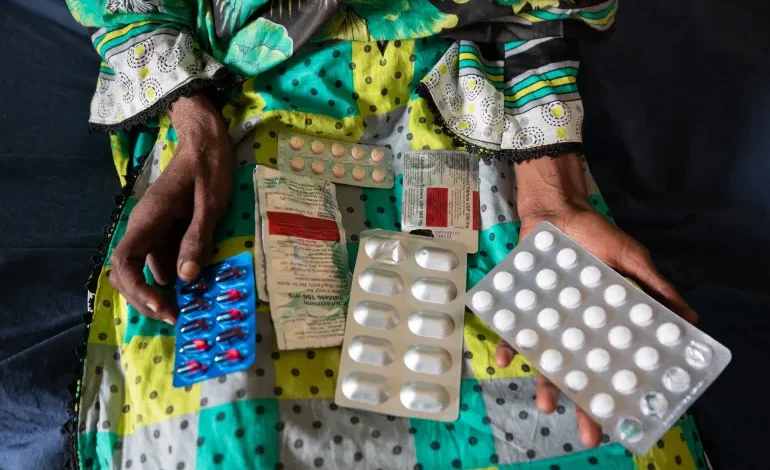Q&A: ‘Coloniser’ microbes to superbugs – How antibiotic resistance behaves

Antimicrobial resistance, or AMR, is a rising global health concern – with doctors, scientists and public health experts sounding the alarm that some of the world’s most reliable antibiotics are becoming less effective against so-called “superbugs”.
AMR occurs when bacteria, viruses and parasites no longer respond to medicines, making people sicker and increasing the spread of infections, according to the World Health Organization (WHO).
“Antimicrobial resistance threatens a century of medical progress and could return us to the pre-antibiotic era, where infections that are treatable today could become a death sentence,” WHO Director-General Dr Tedros Adhanom Ghebreyesus warned this month.
AMR is thought to contribute to millions of deaths every year, and will cause increased suffering, particularly for low- and middle-income countries, the WHO said. The world needs new solutions, according to health experts.
Dr Sylvia Omulo – a doctor of epidemiology, who holds a PhD in immunology and infectious diseases from the College of Veterinary Medicine at Washington State University – studies AMR. She works at their campus in Nairobi, Kenya.
Omulo doesn’t study the microbes that kill us. She studies those that don’t, but that might give us clues to better understand the complex ecosystems that coexist with us inside our guts, noses and on our skin.
She calls these microbes “colonisers”, because of the way they spread, often harmlessly, inside humans and animals.
By looking at them, she’s identified genes that correlate to AMR; why some people and some animals are more susceptible to resistant microbes; and how those traits are distributed within a community and in hospitals. She’s identified environmental and behavioural factors that might be essential to understanding AMR.
Omulo’s work begins not in the hospital but in the community – in the mud-built, tin-roof homes of Nairobi’s largest shanty town, Kibera, and on farms at the shores of Lake Victoria.
Dr Sylvia Omulo: My quickest answer would be, yes.
Yes, in the sense that [the study of] AMR is very tied to the use of antibiotics. When I entered this field, I looked at papers about AMR in the Eastern African region, and a lot of articles claimed that AMR is only an antibiotic-use problem.
As it turned out, most of these papers were based only on clinical samples; they studied patients in hospitals.
But there’s a problem: In those studies, you’re only looking at the most sick patients. When [you] test patients in a hospital setting, and you find antibiotic-resistant bacteria, you assume it’s because it was acquired in hospital.
The population [of sick patients in hospital] becomes biased in the sense that they are just more likely to have an antibiotic-resistant bacterial strain than a population that has not used antibiotics [but that’s a correlation, not necessarily the cause].










